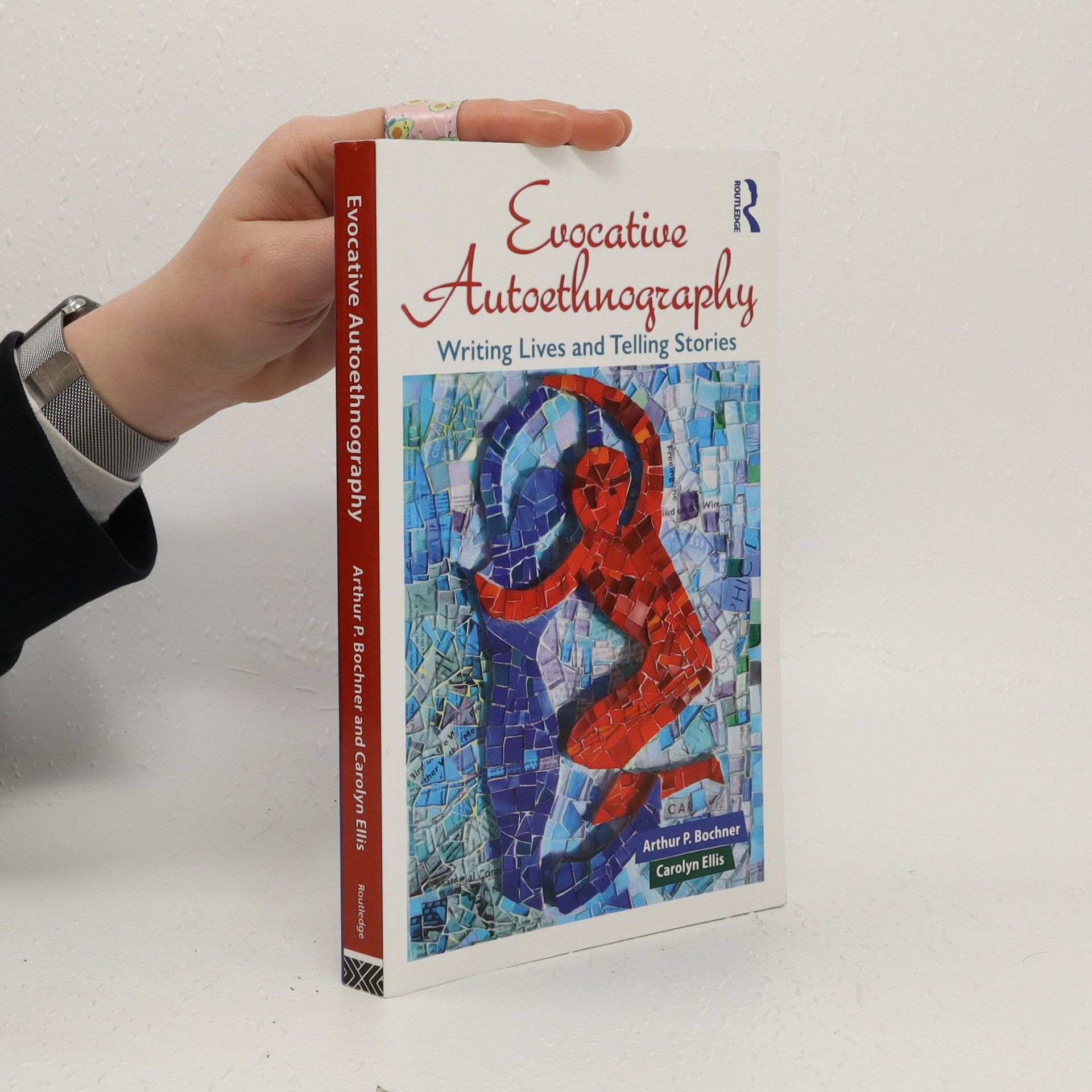Evocative autoethnography : writing lives and telling stories
- 332pages
- 12 heures de lecture
This comprehensive text is the first to introduce evocative autoethnography as a methodology and a way of life in the human sciences.Written as the story of a fictional workshop, based on many similar sessions led by the authors, it incorporates group discussions, common questions, and workshop handouts.

